What's happening in Sudan? Country on brink of civil war as armed forces and paramilitary group battle for control
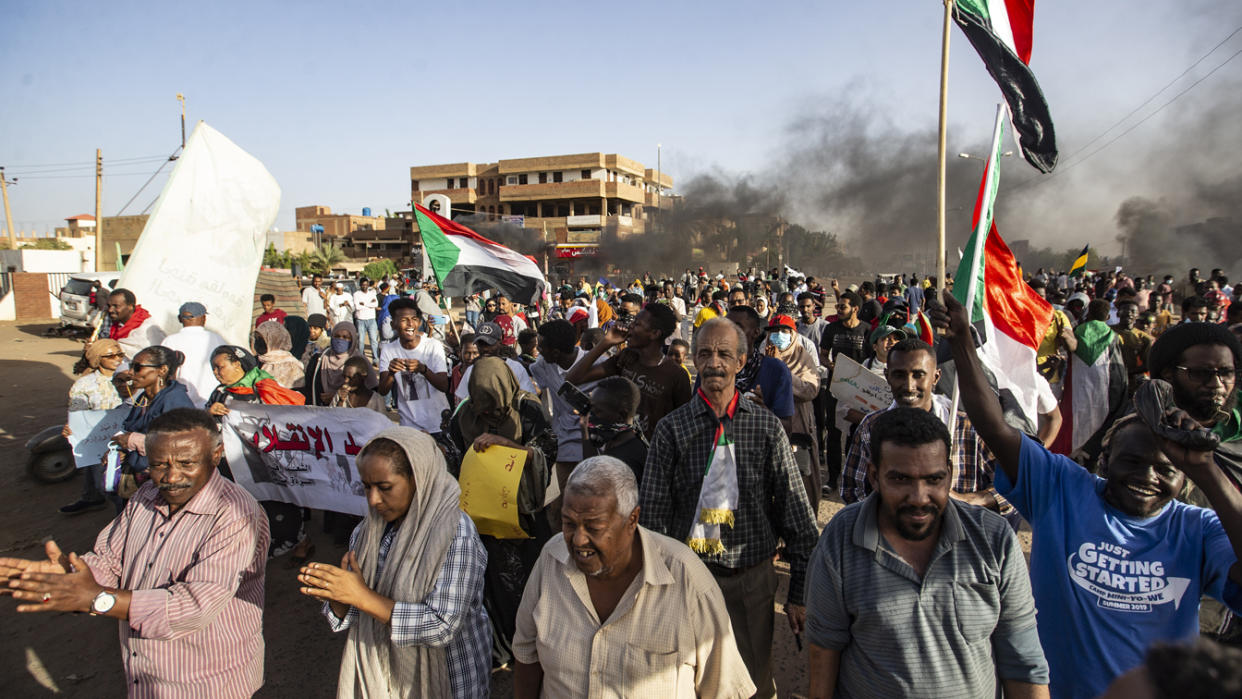
Hundreds of people in Sudan are reported to have died following days of violence between the government’s military and a rival paramilitary group in a battle for control of the country. According to the World Health Organization, at least 270 people have been killed and more than 2,600 injured since fighting began over the weekend.
A 24-hour internationally brokered ceasefire was agreed upon Tuesday after three days of violent clashes between the Sudanese Armed Forces and the Rapid Support Forces (RSF) paramilitary group. But fighting continued into Wednesday as the country’s military accused the RSF of targeting civilians in the capital, Khartoum, while the leader of the RSF, Gen. Mohamed Hamdan Dagalo, accused the army of “bombing densely populated areas from the air and endangering civilian lives.”
How did the conflict start?
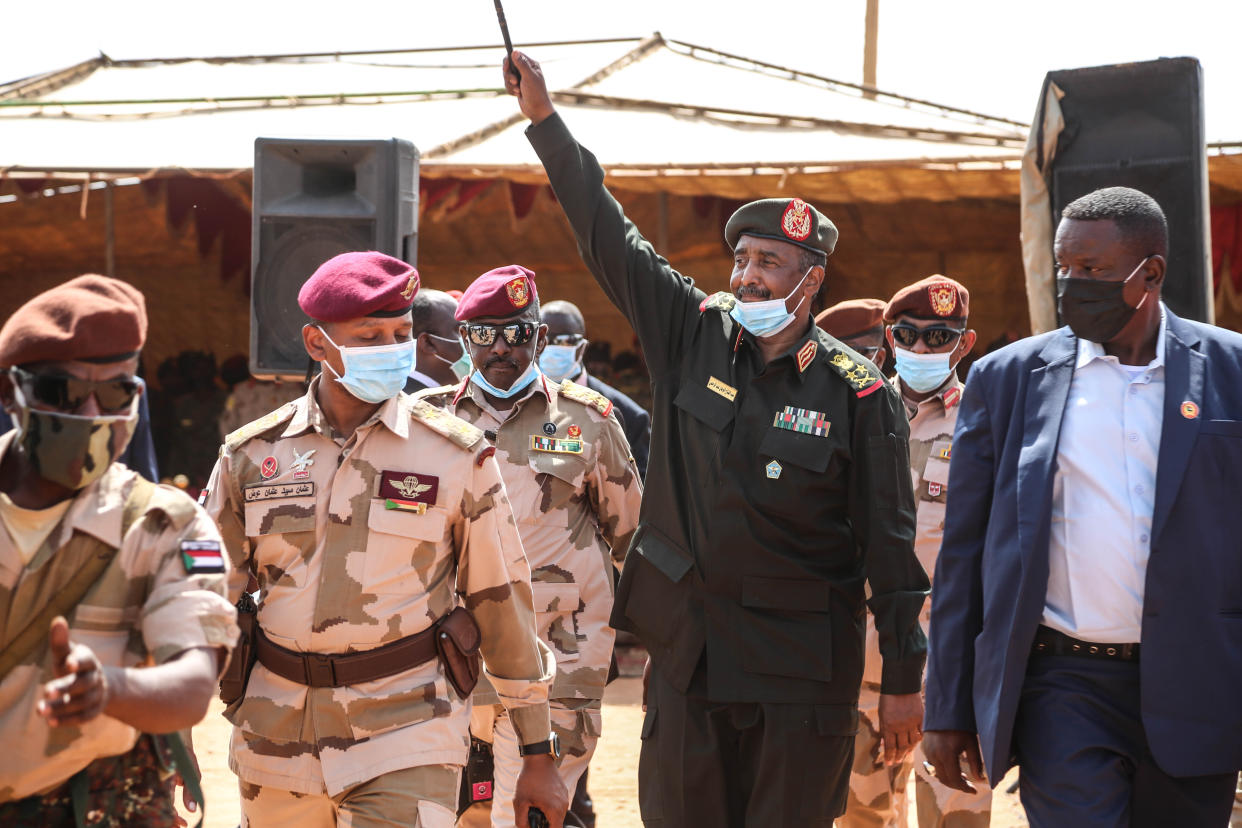
The latest fighting is a result of a power struggle between the head of Sudan’s military and the country’s de facto leader, Gen. Abdel Fattah al-Burhan, and its second most powerful man, Dagalo.
For months, negotiations have been underway between the ruling junta and the RSF to broker a peaceful transition into civilian power after years of unrest. In 2021, after taking control of the country following a coup, Burhan promised a democratic shift to power in the future, with elections to be held by the end of 2023. For this change to take place, the RSF, which is made up of 100,000 soldiers, would have to merge with the country’s military.
Two weeks ago, Sudan’s top officials failed to meet a deadline to form a civilian-led government, which heightened tensions between the country’s top generals. The armed forces then accused the RSF of escalating, claiming it was mobilizing its supporters around the country to “foment tensions.” Then, on Sunday, the first shots were fired, but it’s unclear which side they were from.
How did Sudan get here?
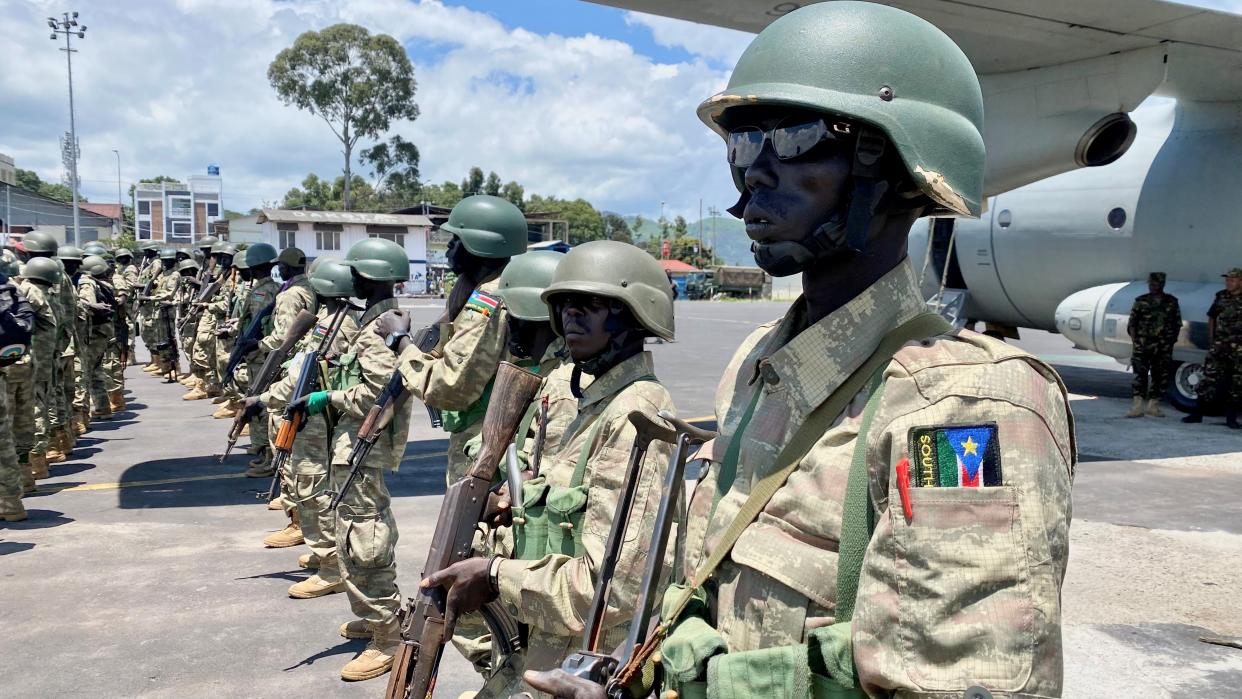
For 30 years, Sudan had been ruled by the autocratic leader Omar al-Bashir and his Islamist government. In 2013, during his time as ruler, Bashir created a second army, the RSF. It began as a group of militias known as the Janjaweed, who were utilized in the early 2000s to crush rebel movements in the western region of Darfur. Those involved in the rebellion, mostly non-Arab Sudanese, believed they had faced discrimination by the central government. During this time, millions of people were displaced and hundreds of thousands were killed. The Janjaweed has been accused of ethnic cleansing and war crimes from 2003 to 2008.
In 2019, eight years after the Arab Spring, Sudan would experience its own popular uprising in the hope of a democracy being formed. Bashir was deposed in a coup d'état and a council was formed to temporarily rule the country. In a deal made by the Sovereign Council — made up of men from the military and civilian populations and chaired by Burhan — it was decided that Burhan would not be allowed to run for any elections.
In an attempt to seize total control, Burhan staged a coup in 2021, removing former United Nations official Abdalla Hamdok as prime minister. In response to countrywide protests and worldwide condemnation, Burhan declared that an election would be held in 2023. “After that, I’ll leave and mind my own business,” he told the Financial Times in 2021. “I will also leave the armed forces.”
How has the U.S. responded?
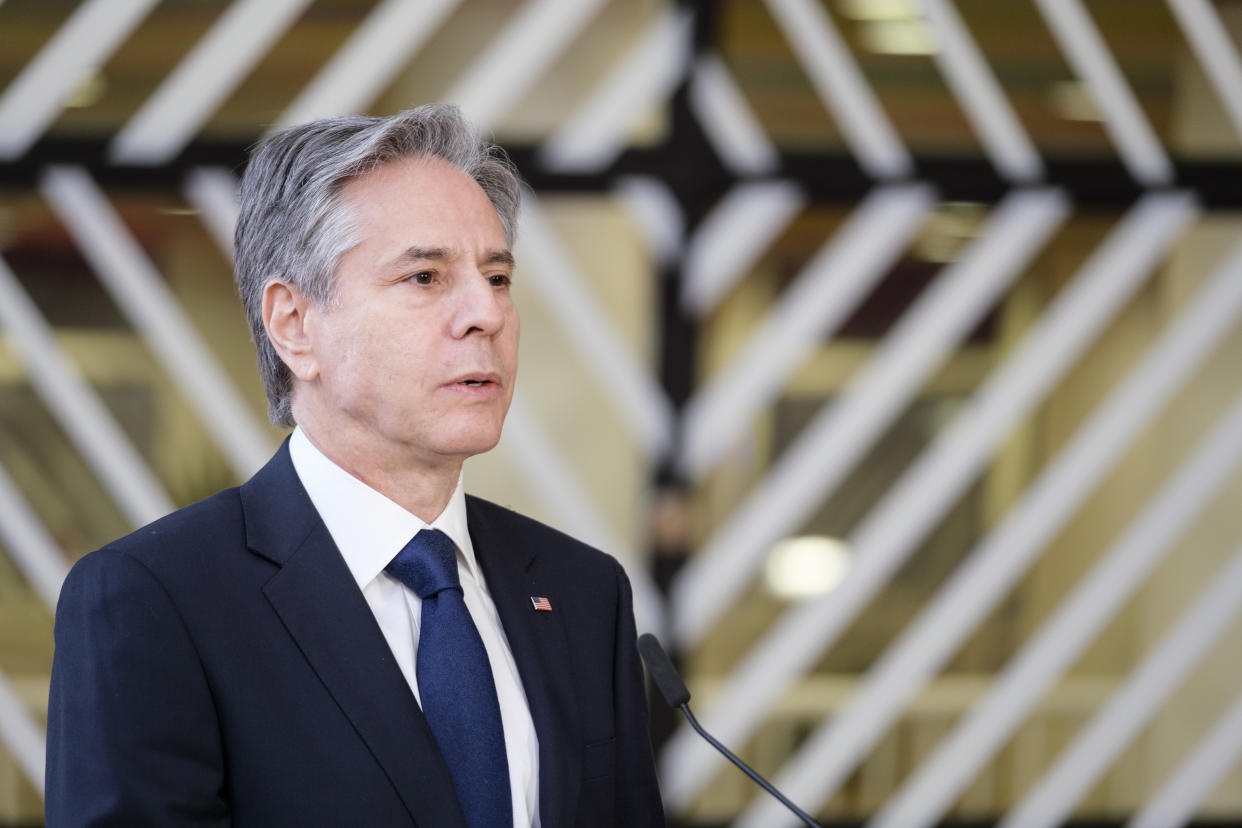
Secretary of State Antony Blinken condemned the attack of a U.S. Embassy convoy in Sudan that had come under fire on Monday. The incident resulted in Blinken speaking with both generals separately, and that led to Tuesday’s brokered ceasefire. “We have deep concerns, of course, about the overall security environment,” Blinken said in a G7 meeting the same day. Following the continuing violence, the State Department announced it had set up a special task force to deal with the conflict.
On Wednesday, the U.S. Embassy in Khartoum released a joint statement with other foreign embassies calling for the end of hostilities and condemned the attacks on aid workers, civilians and diplomats.
Why does it matter?
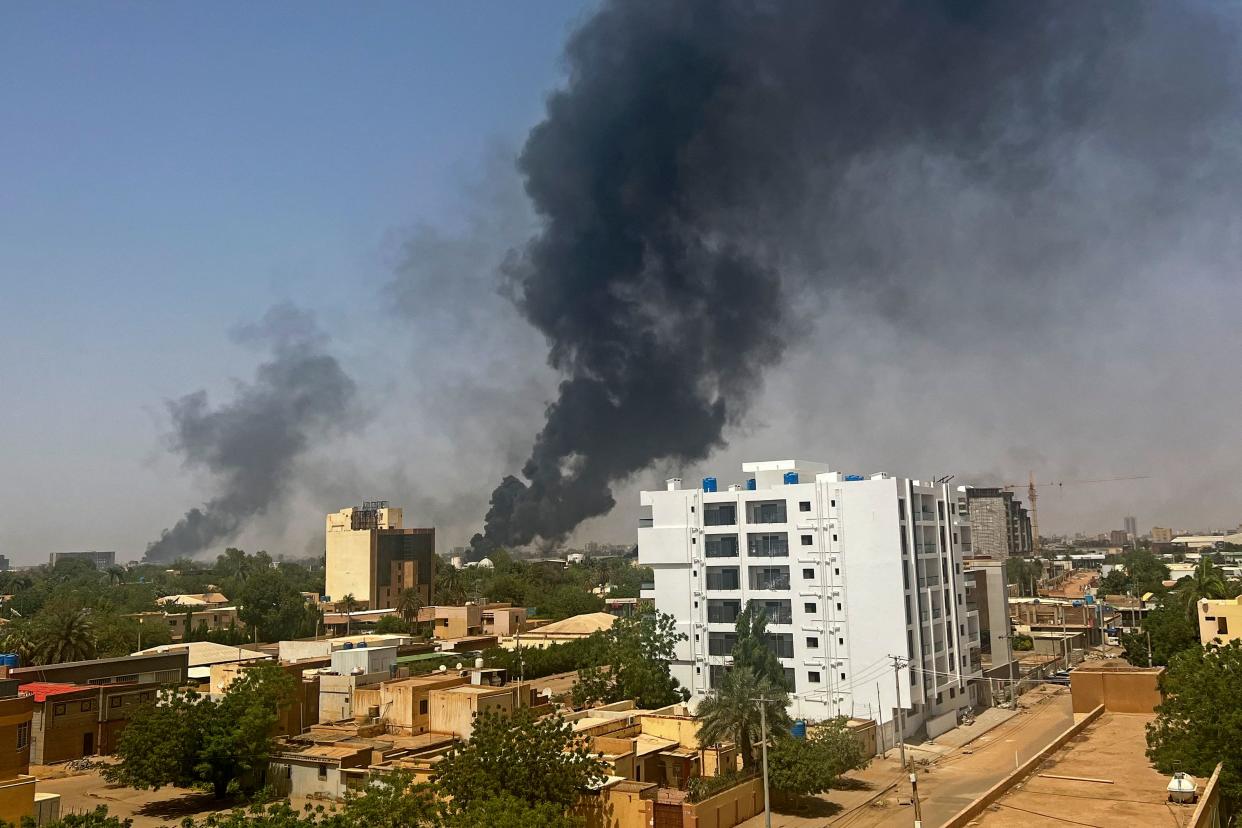
As with any grapple for power, Sudan’s civilian population has suffered the most since the conflict began. Those living in the capital have been forced to stay indoors from fear that they would be targeted as belonging to one side or the other. "We are extremely worried that the fighting is affecting densely populated areas. People are seeking cover in their houses," Alfonso Verdu Perez, head of the International Committee of the Red Cross delegation in Sudan, said on Sunday. "We call on all parties to facilitate the work of humanitarian organizations so that we can help those in need."
According to the international medical charity Médecins Sans Frontières (MSF), also known as Doctors Without Borders, at least half the hospitals in Khartoum are “out of action” due to ongoing clashes. The international president of MSF, Christos Christou, said on Twitter that most of those wounded were civilians and that “medical teams are trapped by the fighting” and “power outages are threatening lives.”
The WHO said on Tuesday that fighters should allow medical providers to continue to work after it was reported that some centers had been ransacked. "I want to be very clear: All parties must ensure unrestricted and safe access to health facilities for those injured and everyone in need of medical care," WHO director-general Tedros Adhanom Ghebreyesus told reporters on Tuesday.

